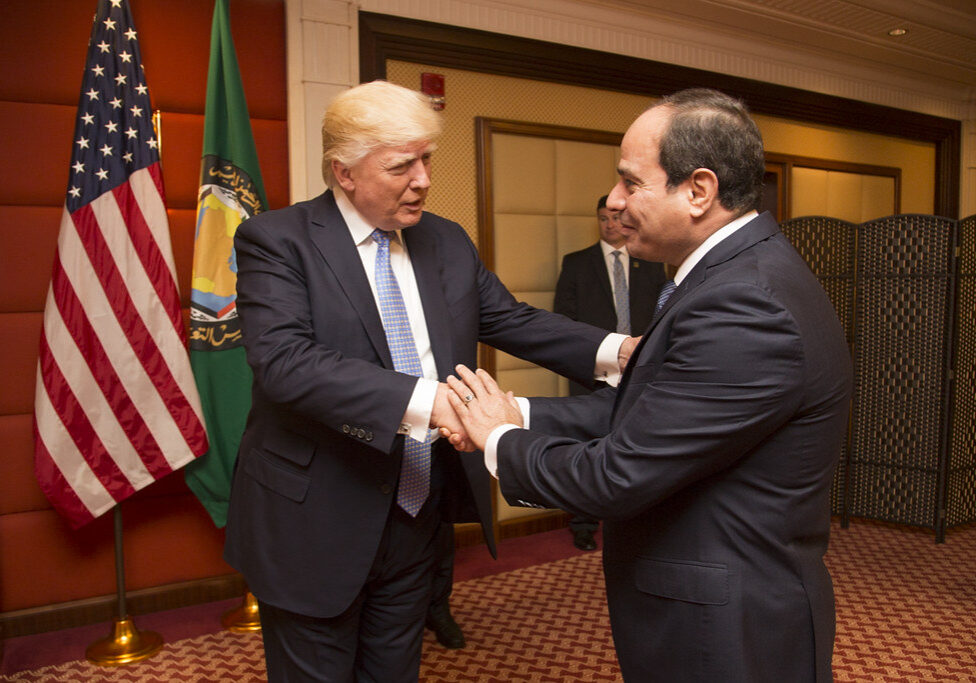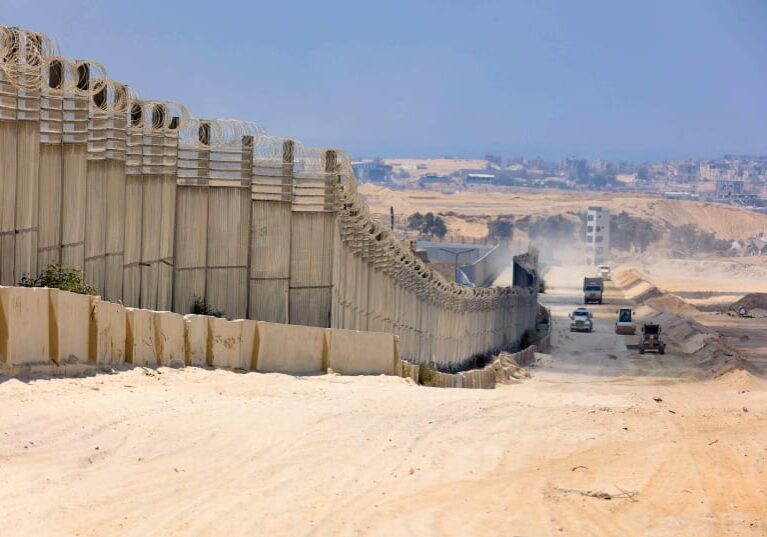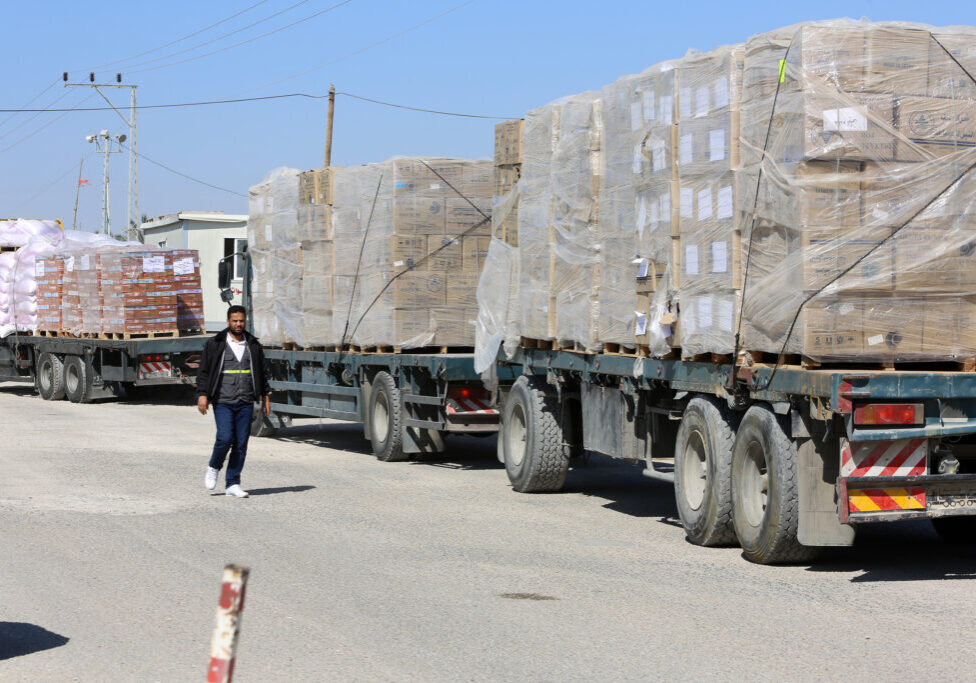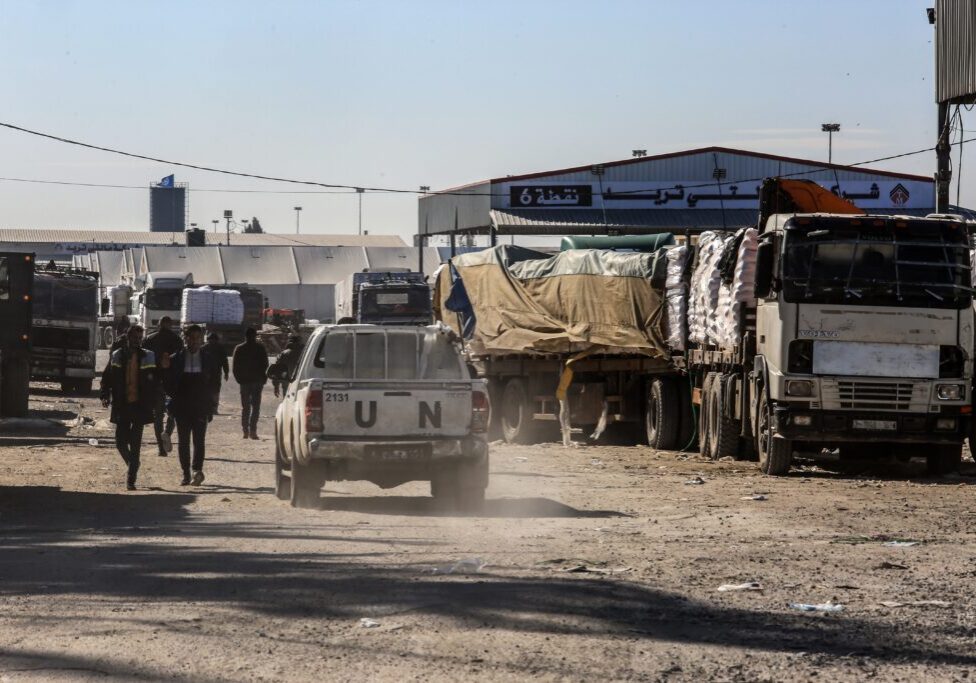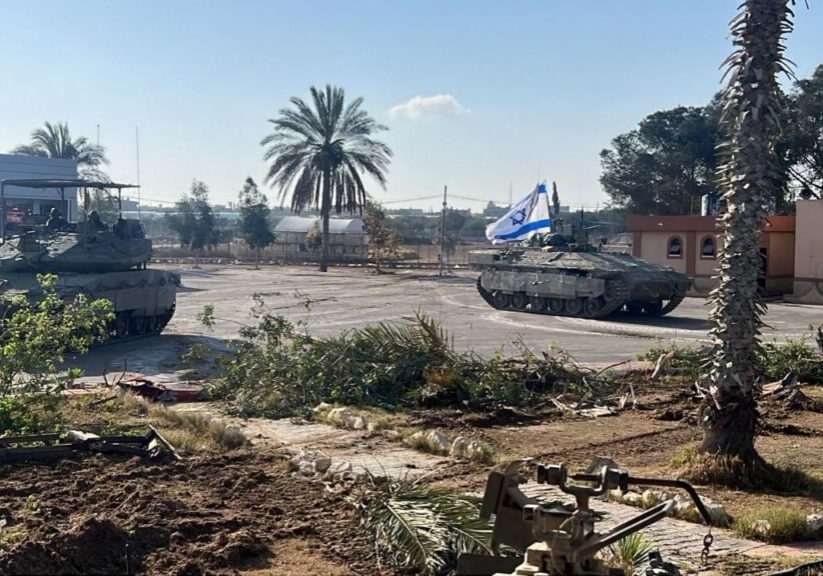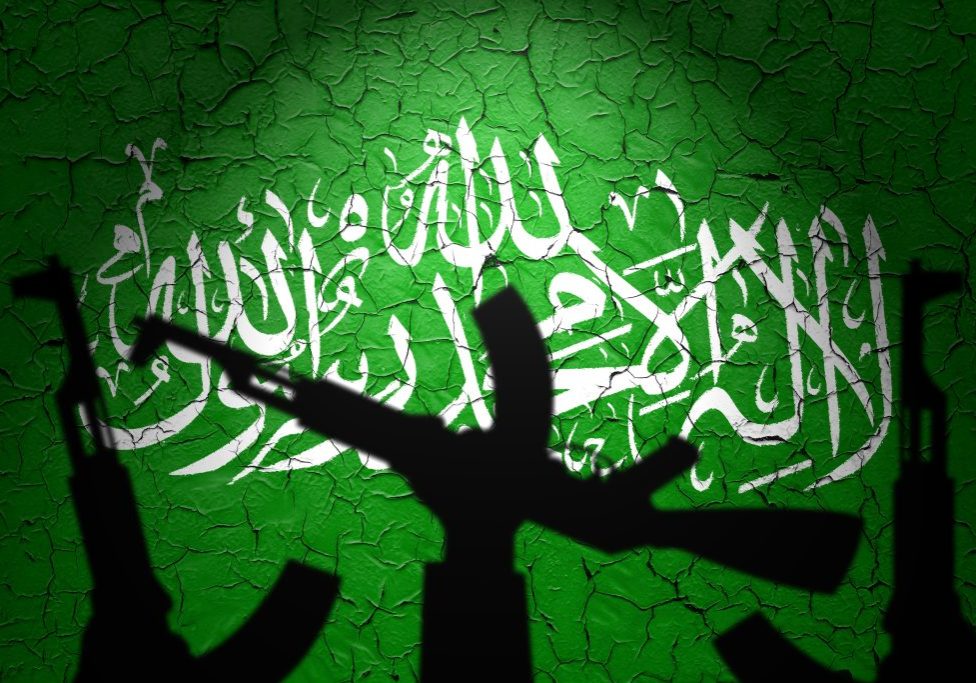Australia/Israel Review
Disastrous Elections vs. Bloody Civil War in Egypt
Nov 28, 2011 | Barry Rubin
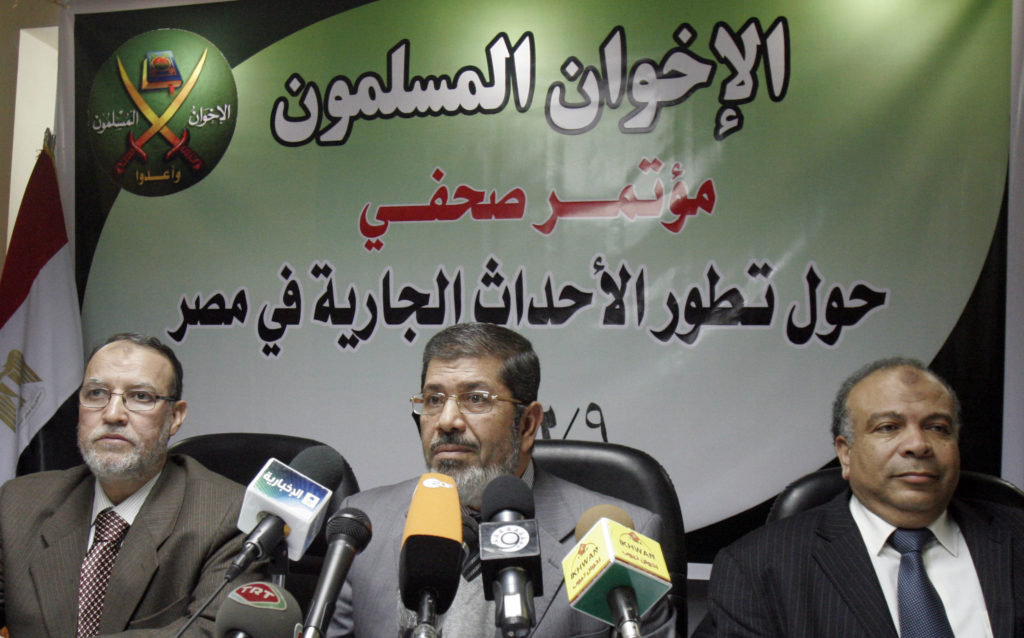
Barry Rubin
Only days before parliamentary elections, Egypt was in a huge crisis whose outcome will determine the future of almost 80 million people and perhaps the Arabic-speaking world’s fate for decades to come.
Will the army go ahead with elections that will be won by the Muslim Brotherhood and other radical Salafist groups, thus producing an Islamist regime?
Or will it cancel elections, declare martial law in some form, and set off a passionate civil conflict?
Or will it find some compromise that quiets the disorder but doesn’t solve the problems?
That’s quite a difficult choice and not one the army prefers. Understandably, the military has a third alternative: set up some compromise rules for the new Egyptian state that leave it feeling secure even if this plan sacrifices a lot of other factors.
The nominal cause of this upheaval are the demonstrations in Tahrir Square that have produced a bloodier toll than any single event in the entire Egyptian revolutionary process, with more than 30 people dead. But the real background is this:
Despite the persistent mocking of Western officials, media, and “experts” about the Muslim Brotherhood’s weakness and moderation, it has become increasingly apparent that a very radical Muslim Brotherhood will take power and fundamentally transform Egypt into something far worse than that which existed during the six-decades-long Nasser-Sadat-Mubarak regime.
The army’s compromise went along the following lines:
A parliament would be elected on November 28. In April 2012 it would choose a 100-member assembly to write a new constitution, a process that would take one year.After the constitution was written by April 2013 it would be ratified. Only then, in the second half of 2013, would a president be elected and the military junta stand aside and yield executive authority.
There were also provisions for protecting the military’s interests. It would retain control of its own budget, which would remain secret; moreover the junta could veto the constitution entirely or in part. And finally, though vaguely, it wanted some provisions to protect rights including those of the Christian minority. The last item presumably was out of concern with the country’s international reputation.
The junta’s position is a combination of greed and its self-image as guardian of Egypt’s national interest. Officers enrich themselves by large-scale business enterprises.
At the same time, they are no doubt aware of the likelihood that an Islamist regime would eventually purge the army and arrest officers – as is happening in Turkey, the explicit model for the Muslim Brotherhood’s strategy – and replace them with its ideological followers. They also might take into account that the Brotherhood is likely to get Egypt into a losing war with Israel and take steps that would cost the military hundreds of millions of dollars in US aid.
Now this clash in itself has added still another dimension. It is said that if you wound an elephant you have to kill it as otherwise the enraged leviathan will trample you. The Brotherhood now sees the military as an enemy and if it comes to power would have all the more incentive to crush that rival.
There are no good options. As the two sides manoeuvre here are the precedents that must affect their thinking:
Algeria: In 1991, the Islamists won the first round of elections and were headed for a landslide victory. The army declared a state of emergency and cancelled the elections. A long and bloody civil war ensued in which to say that only 30,000 people were killed is an understatement. In the end, the military won.
Turkey: For almost a decade the army stood aside and let the Islamists win repeated elections and govern as they wished. The generals considered a coup attempt but never tried one as they knew there would be no external support and it might set off a civil war. In the end, the Islamists accused them of planning a coup anyway, broke the power of the military, and arrested dozens of current and former high-ranking officers.
Tunisia: The army stood aside and let the Islamists win an election. They will now govern in a coalition with the left. It is unclear what will happen and what the military thinks about the situation.
As you can see, the alternatives are unattractive and we don’t know what will happen. The West is siding with the civilians: democratic rule, elections, a military regime is bad.
See for example the somewhat bizarre Washington Post editorial of Nov. 22 that attacked the Obama Administration for being too soft on the generals! It demands that Obama threaten to cut off military aid unless the junta gives in. This is a misreading of the White House stance that is critical of the junta but doesn’t want to get directly involved.
That makes sense in normal conditions but might be disastrous on a strategic level. We’ve been through this kind of thing before in which the supposed good becomes the worse of two evils.
The Bush Administration supported Hamas participating in the Palestinian election out of some sense of misguided fairness plus depending on fantasy-laden Fatah polls predicting that Hamas would lose. The Bush and Obama Administrations stood by and cheered the “moderate Islamists” in Turkey as they moved step by step to install and strengthen an anti-American regime there.
In contrast, regarding Algeria the presidents at the time took a realpolitik view, arguably maintaining their distance and neutrality while in practice supporting the military’s victory. France did the dirty work, something that doesn’t apply to these contemporary situations.
The attitude of the moderate Egyptian parties is interesting. On one hand, they are totally against the military retaining power or even a lot of power; on the other hand, they are starting to get real scared about what it would be like to live in an Egypt governed by the Muslim Brotherhood and even more violent Islamists. They are pulling back a bit from taking sides in this struggle.
After meeting with the Muslim Brotherhood and other Islamist groups (but not the liberals who were left out, an indication of how insignificant they are becoming politically!), the junta has a new proposal: The new constitution is set to be finished by June 2012 (not April 2013) and the presidential election will be held no later than June 2012 (instead of June 2013). The parliamentary elections will happen as scheduled.
If this is so and it is implemented, it means that the Islamists have forced the military to back down completely, a victory that will add to their confidence that they will get everything they want. Arguably, Egypt is even worse off now than it was a week ago.
Perhaps, though, there are other aspects to the deal we haven’t heard about yet.
Having cut its own deal, the Brotherhood stopped participating in anti-government demonstrations. “The Brotherhood refused to join the protests, saying that the parliamentary election due to start Nov. 28 is the way to transfer power.” Right, transfer it to them.
Dr. Barry Rubin is Director of the Global Research in International Affairs (GLORIA) Centre and editor of the Middle East Review of International Affairs (MERIA) Journal. His latest books include The Long War for Freedom: The Arab Struggle for Democracy in the Middle East (Wiley), and The Truth About Syria (Palgrave-Macmillan). © GLORIA, reprinted by permission, all rights reserved. Dr. Rubin’s articles can be found at www.rubinreports.blogspot.com
Tags: Egypt

